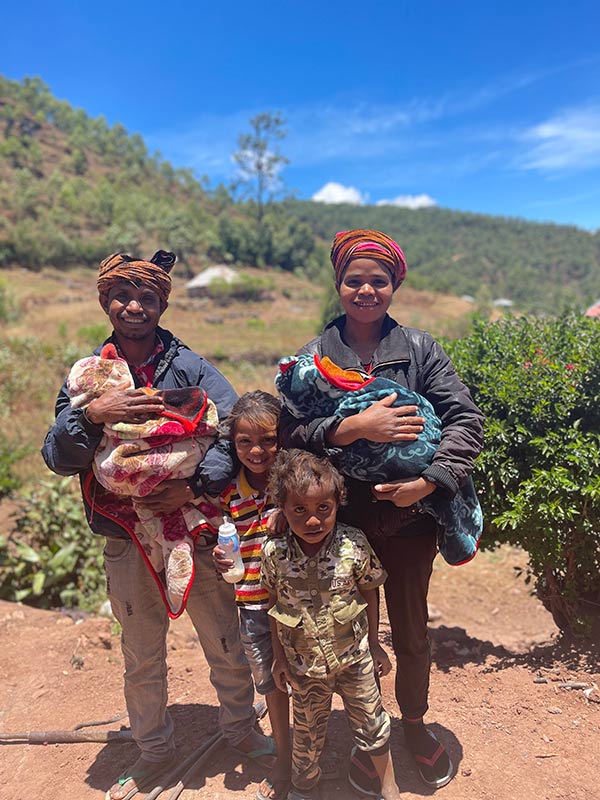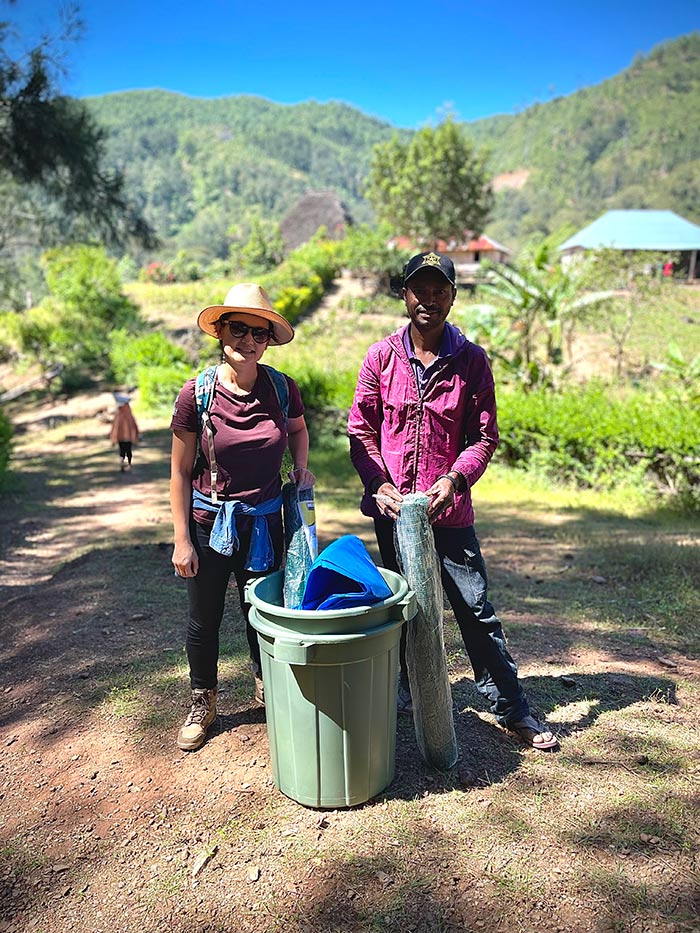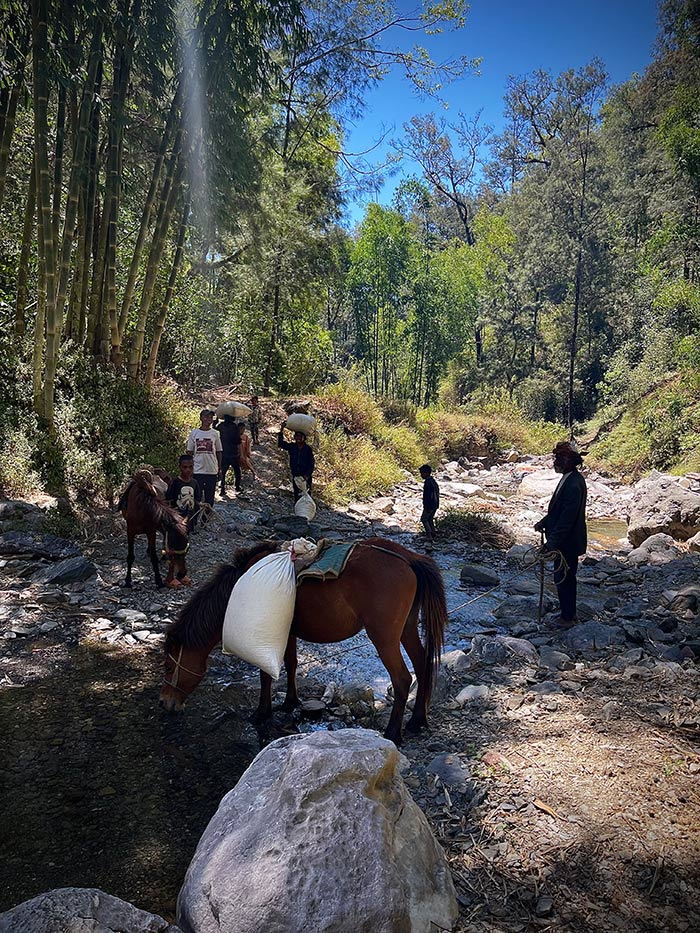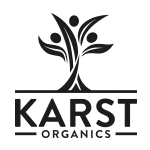REMAGOA
Altitude: 1850maslLead Farmer: Fernando de Deus

Google Earth Co-ordinates: 8°49’39″S 125°30’06″E
| Working together | Since 2022 | Process | Fully-washed |
| Harvest Period | July – August | Packaging | 30kg (Ecotact & Jute) |
| No. of farmers | 8 | Screen Size | 17, 16, 15 |
| Varietal | Typica, Timor Hybrid | What we taste | Fig, Guava, Roasted Nuts |
We are now in our third year of partnership with the small community of Remagoa who remain one of the most isolated groups that we work with. Located in the most easterly part of Letefoho and sitting at a height of 1850masl, Remagoa has no direct road access and a 2km hike from the village is required to arrive at the closest dirt track.
Unsurprisingly, Remagoa’s isolated location meant that selling coffee has historically been a monumental effort. Prior to working with us, farmers would harvest their cherries daily and then make the 2km hike through dense forests where they would wait at the side of the road for the first passing truck who would often only buy at the lowest commercial price (at that time $0.32c per kilo). So, in 2022 when we were approached by Maritu de Deus on behalf of his father-in-law Fernando (now the lead farmer of Remagoa) who was enquiring about our parchment buying model, we jumped at the opportunity to work together.
The processing of speciality parchment in individual households has been a great opportunity for Fernando and his community to save time whilst maximising income. It is certainly the case that the harvesting of cherries still takes a great deal of patience and effort but through farmers processing in their own homes, the daily hike to the nearest road waiting for commercial buyers was eradicated.


With a small financial investment from us for the provision of materials alongside the delivery of training sessions in the processing of speciality parchment, the community of Remagoa are now thriving and 3 years into this partnership, trust and confidence has been established between Karst and this group of 8 dedicated coffee farmers.
It is still the case that parchment needs to be collected on horseback and transported through the forest for collection at the end of the harvest but at least this now only takes place once a year (not on a daily basis as before when farmers sold their cherries to commercial buyers).
Remagoa is not only a delicious fully-washed, high-altitude, shade grown coffee but also a prime example of how a parchment buying model can be of benefit to remote mountain communities.


